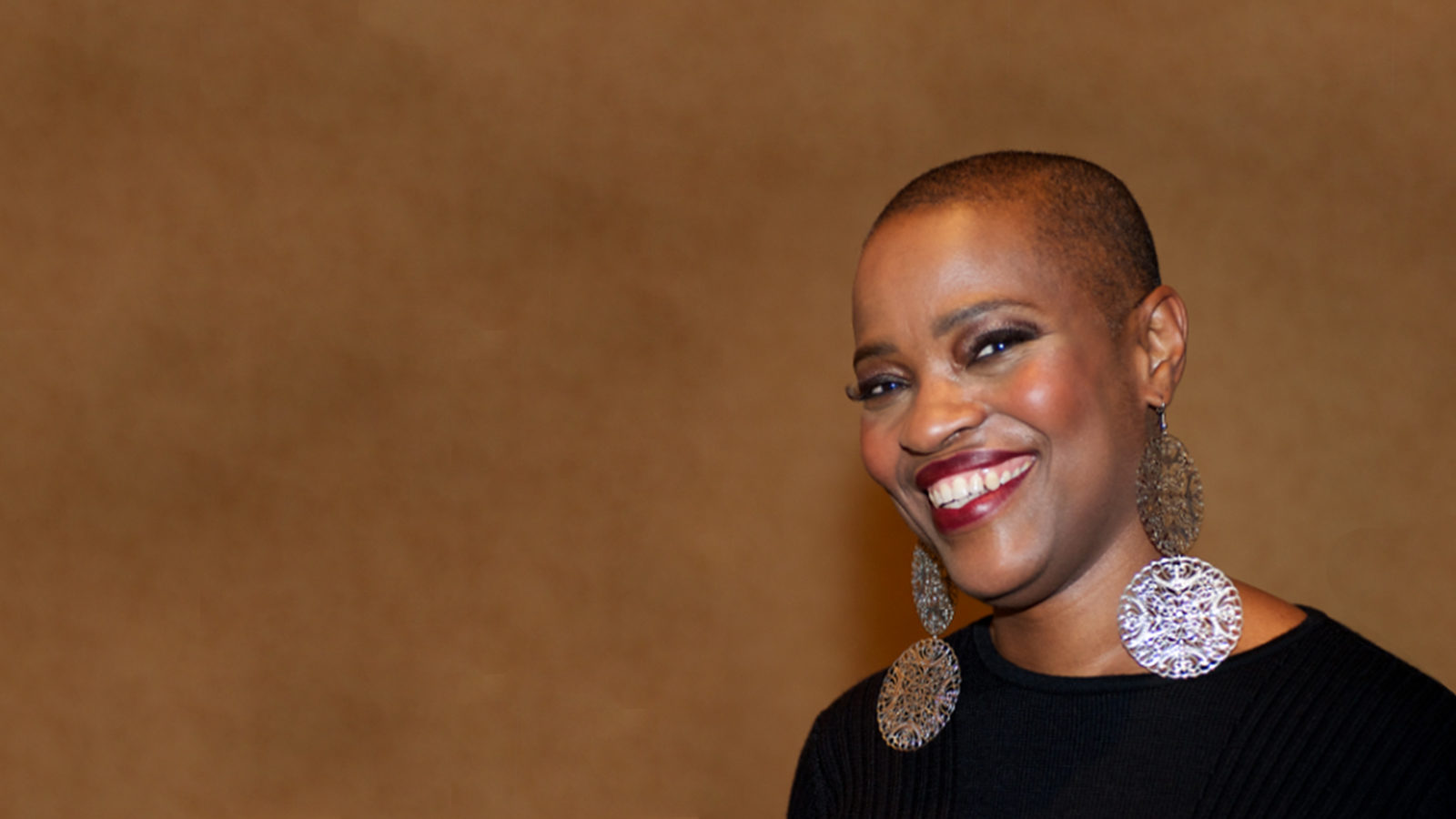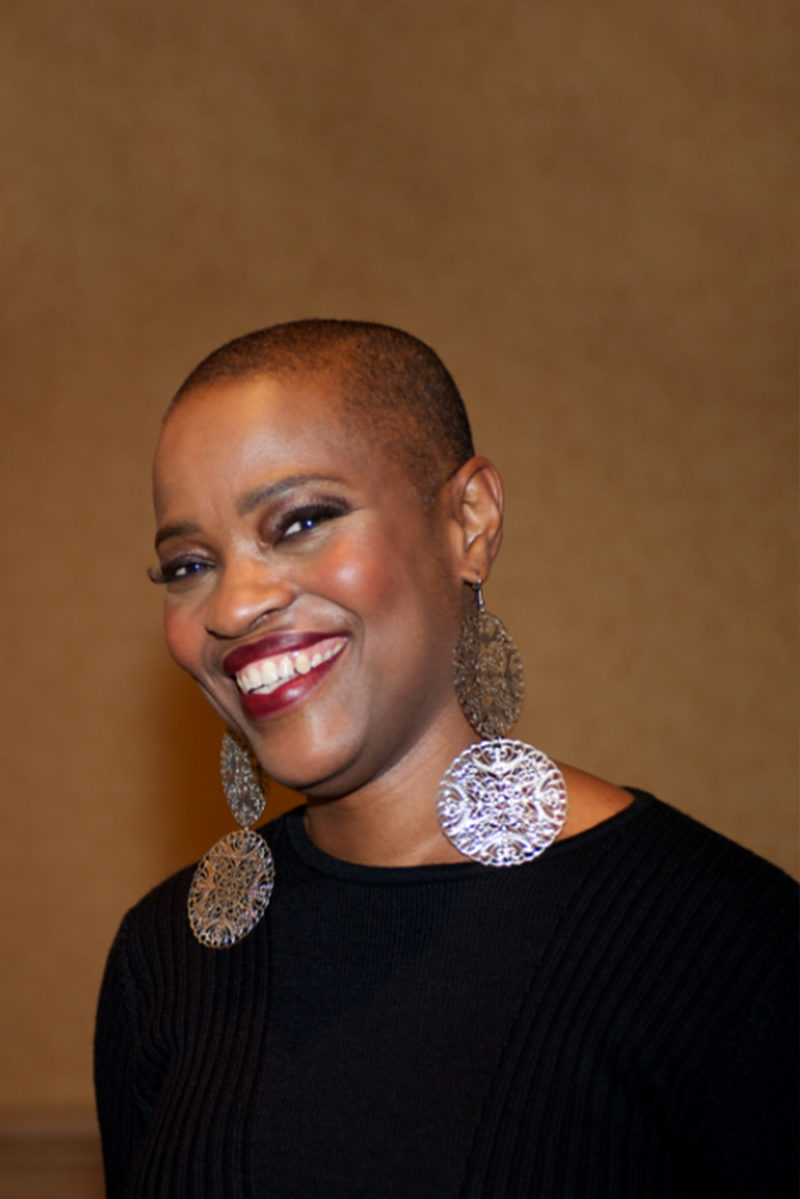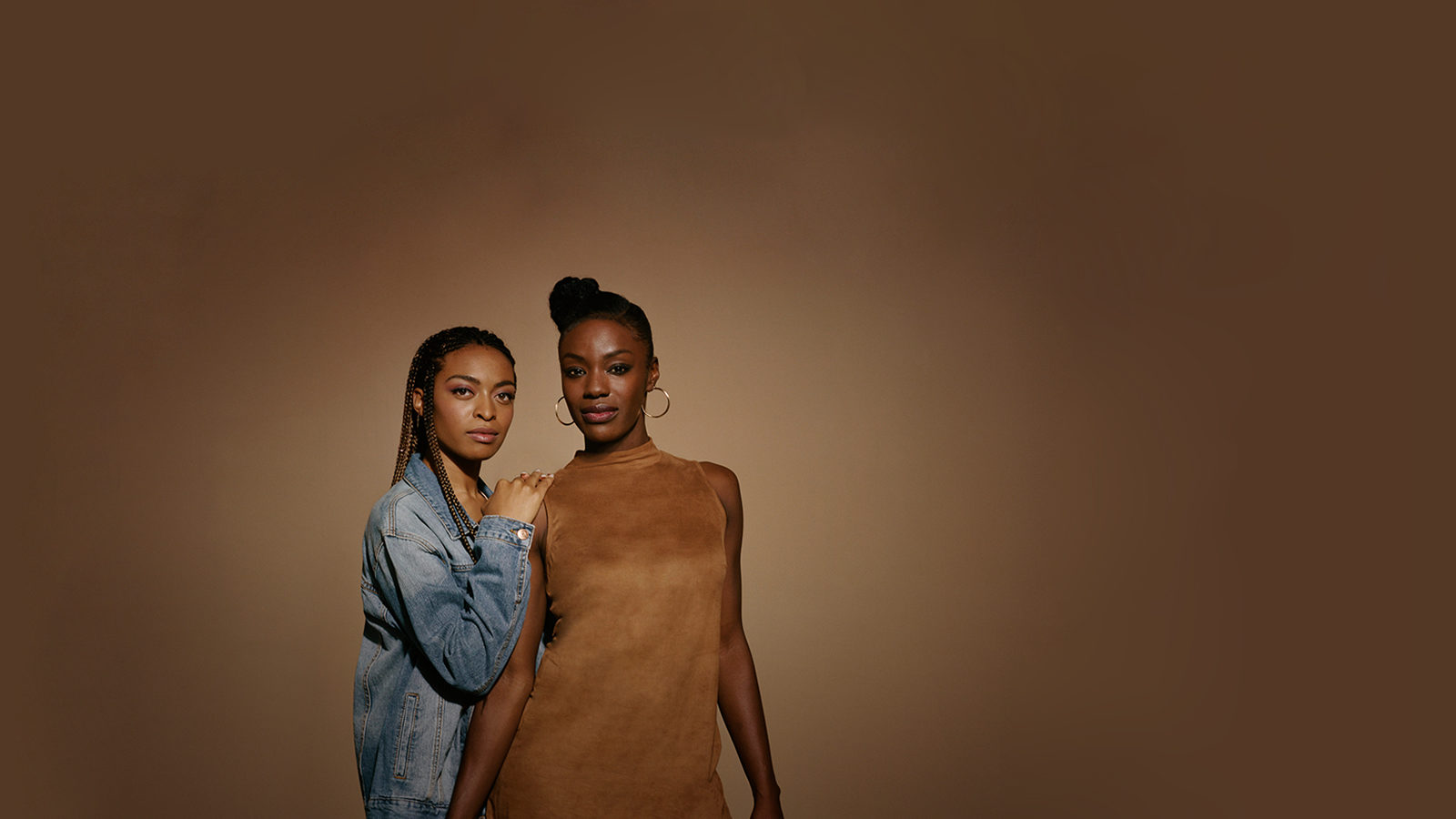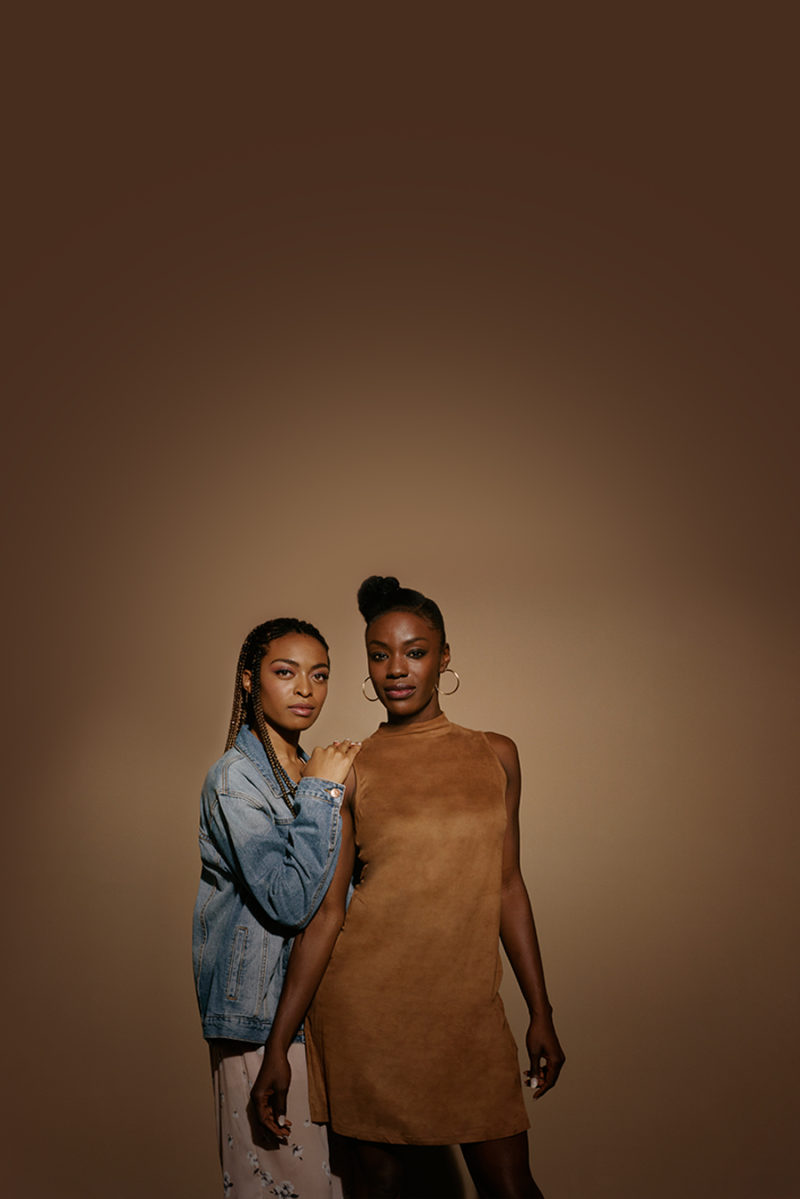I always tell people I’m not embarrassed to say that when I initially heard the words, “you have breast cancer,” I knew what breasts were and I knew what cancer was but when you put them together, I was clueless.
My first diagnosis occurred when I was 38 years old. I did not meet the guidelines to have a mammogram. However, my employer offered onsite mammograms to all its female employees and I took advantage of it. After one of my mammograms, I received a phone call asking me to return for additional film (x-ray). During my appointment, the radiologist showed me my films over the years and highlighted the calcifications in my breast.
If cost is a concern when it comes to your health, these tips and organizations can help.
He told me calcifications are very common, but when they change in shape and size, it’s a red flag. He advised me to get a biopsy. I knew what a biopsy was, but I had no idea where to go to get one. I wasn’t ashamed to ask the radiologist for help. He later asked someone on his team to make an appointment for me. Within two weeks, I was having a biopsy on the two sites where they observed the suspicious calcifications.
Here are the next steps if your doctor finds something in a screening test.
I requested the doctor call me because I didn’t want to go to her office for the results. In a few days, the doctor called me and I heard the words, “You have breast cancer.” I was astonished. I had never met any young women with breast cancer. Therefore, I didn’t even know young women could get the disease. I never thought I would become a statistic since I was young and heard African Americans had a low incidence of breast cancer.
“I’m the type of person who isn’t looking for a doctor to tell me what he/she is going to do to me without a discussion. I need to ask questions.”
I said to the doctor, “I know I’m going to need to see a breast surgeon, can you help me?” I told her a doctor with good bedside manner was important to me. She said she would make arrangements for me. In two weeks, I was sitting down with a breast surgeon. Prior to that consultation, I started educating myself about what breast cancer is and the different treatment options. I’m the type of person who isn’t looking for a doctor to tell me what he/she is going to do to me without a discussion. I need to ask questions. I wanted to walk into that consultation empowered to ask questions and have a better understanding when I left. Ideally, I would be more informed than when I walked in.
The surgeon I saw was unique in that she suggested I go and get a second opinion. She told me, “It’s important for you to build your healthcare team. These doctors are going to be with you for most of your life, and you need to make sure you’re comfortable with them. They need to be the right match for you.”
I appreciated that, and I did schedule other consultations. Those consultations were part of what helped me become the advocate I am today, especially after I saw how some doctors didn’t really like to disclose much information to their patients. They give you information on a need-to-know basis and decide what you need to know. I often meet women who have made uninformed decisions about their health and treatment. This makes me strive to make all my decisions based on facts.
Being proactive can help you make the most out of your next doctor’s visit.
At the end of the day, it’s me living with whatever my circumstance is; no doctor is living my life for me. I’ve had positive and negative experiences with doctors. For example, I had one doctor tell me, “You ask too many questions.” I chose not to select that doctor for my healthcare team. I believe it’s important that you interview doctors, make sure they align with your values, and make sure you’re comfortable speaking with them. You should build a relationship with your doctors and aim for a partnership not a dictatorship.
After having those additional consultations, I chose my breast surgeon and had a lumpectomy, followed by radiation and hormonal therapy.
“Women in particular, as it relates to breast health, need to know what their breasts look and feel like as their normal.”
After treatment, I started to find organizations focused on breast cancer, especially in the African-American community. I wanted to share my story because I believed if I knew very little about the disease, there were probably a lot of other people out there like me who didn’t know much about the disease either. I wanted to share with everyone the reality that young women can get breast cancer and survive.
Learn how family health history can hold clues for your own health.
Ever since I first heard the words “you have breast cancer,” I have been very open with everyone in my immediate family. I let them know what breast cancer is and how they are at risk for the disease. I share my knowledge based on how much they want to learn.
Here’s what I tell them: It’s important for you to know your body. For women in particular, as it relates to breast health, you need to know what your breasts look and feel like as normal. Women need to know their bodies. That’s one of the first steps to know if there are any changes such as a lump.
No woman should be afraid to go to the doctor, and if follow-up is necessary, do the follow-up. When you go to the doctor you need to be open and disclose everything so he/she can have a full picture of what’s going on. If a doctor tells you you’re too young or you can’t potentially have a disease, then you need to insist that they do appropriate screening to rule it out. Do not let the doctor use your age to determine what your health could or could not be. You are your own best advocate.




